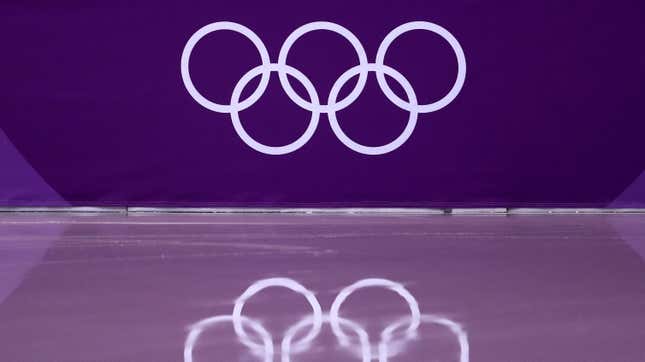
The Wall Street Journal reported today that the U.S. Department of Justice has launched criminal investigations into sexual abuse across multiple U.S. Olympic organizations as well as “potential financial and business misconduct throughout the U.S. Olympic system.” Other news outlets later reported that their own sources confirmed this. This is on top of the ongoing inquiry into how the FBI handled its investigation of Larry Nassar, the former USA Gymnastics national team doctor now serving more than 100 years in prison for sexually abusing young girls under the guise of medical treatment. Last year, the Journal reported that months passed between when USAG reported Nassar in 2015 to the FBI and when the FBI opened its formal investigation.
Per the Journal report, grand-jury subpoenas have been sent to the U.S. Olympic & Paralympic Committee and to the U.S. Center for SafeSport. SafeSport is the organization intended to investigate and prevent abuse in Olympic sports, although its largely been set up to fail due to underfunding and conflicts of interest. The investigation involves DOJ’s money-laundering and child-exploitation units, the U.S. Attorney’s Office for the District of Columbia, and the Internal Revenue Service, the Journal reported.
The Journal added that investigators already have talked to “potential witnesses” from two national governing bodies that oversee Olympic sports: USA Gymnastics and USA Taekwondo. The move makes sense—the national conversation about sex abuse in the Olympic movement began with the Indianapolis Star’s reporting on how leadership within USAG spent years ignoring reports of abuse done by coaches, which allowed those abusive coaches to stay in the sport and victimize more athletes. USA Taekwondo is being sued by multiple women in federal court for what they describe as “ignoring, denying, obstructing, or covering up complaints of sexual abuse.”
In response, USAG, USA Taekwondo, and the USOPC all issued the expected statements saying that their executives take athlete safety seriously. The same U.S. senators who proposed legislation that, at best, halfway reforms the Olympic movement issued a get-tough statement about enablers being “held responsible.”
Right now, it’s hard to know what all these investigations will mean; they could take years, and guessing how any inquiry ends is a bad idea. But they arrive amid the growing global anti-Olympic movement, and yet on the USOPC website the news on Friday remained all positivity and smiles—a fiction that by the day grows harder to maintain.